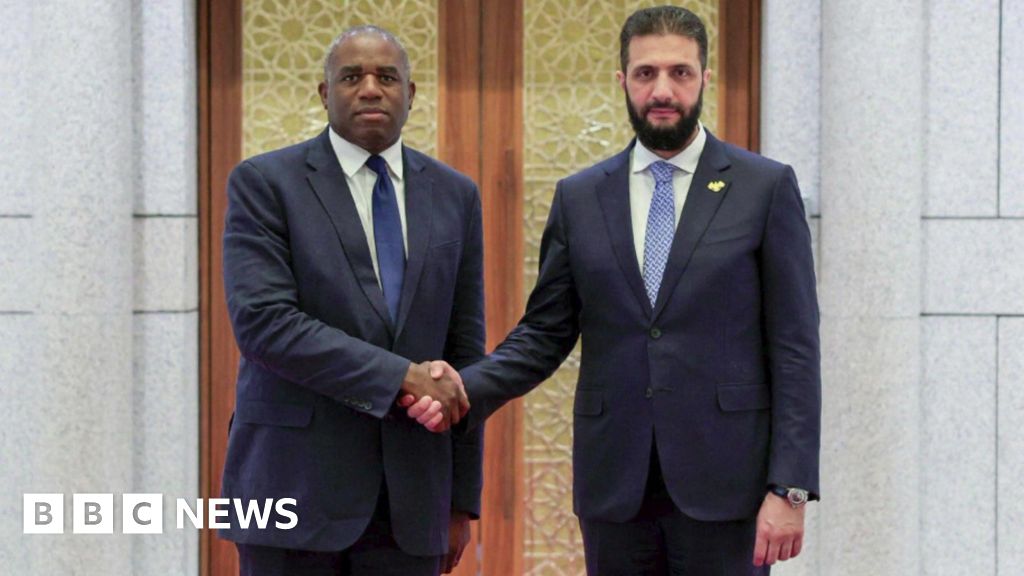Robert S. Rifkind, who played a pivotal role in successfully defending Time magazine against a $50 million libel suit filed by Ariel Sharon, the former Israeli general, defense minister and later prime minister, died on March 12 at his home in Manhattan. He was 88.
The cause was complications of myasthenia gravis, a neuromuscular disease, his daughter Amy Rifkind said.
Mr. Sharon’s suit was prompted by a single paragraph in the Feb. 21, 1983, issue of Time. It referred to an Israeli government report on the massacre months earlier by Christian Phalange militiamen of at least 800 and as many as 3,500 civilian refugees, mostly Palestinians, in the Sabra and Shatila refugee camps in Lebanon. The massacre happened after Israel invaded Lebanon and the country’s president-elect, Bashir Gemayel, the Phalange leader, was assassinated.
The article suggested that Mr. Sharon had personally discussed retribution with Mr. Gemayel’s family, and that the Israelis looked the other way when the Phalangists extracted their revenge.
A jury found in 1985 that Time had misrepresented Mr. Sharon’s role in the massacre. But the jury concluded that the magazine’s reporting did not meet the legal threshold for libel in the United States because it did not publish the article with actual malice or a reckless disregard for the facts.
An Israeli commission’s damning conclusions that Israeli forces did not stop the massacre led to Mr. Sharon’s resignation as defense minister. But the commission’s report did not say that Mr. Sharon himself had mentioned revenge to the Gemayel family.
“The case is really not about libel, but a political instrument in the plaintiff’s hands,” Mr. Rifkind, whose law firm, Cravath, Swaine & Moore, represented Time, said while the suit was pending. “A pitched battle in which David, the Israeli war hero, smites Goliath, the American corporate giant, is good political fodder.”
Mr. Sharon, who later became the prime minister of Israel, declared victory, of sorts, because the jury found that Time had acted “negligently and carelessly” in publishing the disputed paragraph. The case cost the magazine millions in legal fees.
“Rifkind was a superb lawyer, who argued many of the motions, and did an admirable job,” U.S. District Court Judge Abraham D. Sofaer, who presided over the case, said this week in an email.
When the lead defense lawyer, Thomas D. Barr, was ill and the Time executive who was monitoring the case was out of the country, and with Mr. Sharon wanting to return to Israel to campaign for office, Mr. Rifkind negotiated a proposed settlement of the lawsuit on the basis of a prepared statement.
“The statement did not include any payment or even an apology,” Judge Sofaer recalled. “It simply said that Time did not intend to convey that Sharon had given permission for the murders. Rifkind had undoubtedly secured a highly favorable result in the case. Sharon was tired of the litigation and gave his political life a higher priority.”
Time, however, confident of a favorable verdict, rejected the proposal. The subsequent finding that the magazine had been negligent — though not malicious — bolstered Mr. Sharon’s case when he sued Time in Israel, where the malice standard did not apply, and won a settlement there.
The case caused a sensation in the United States and the Middle East for its political implications and its impact on the media industry.
Mr. Rifkind figured in several other major cases, including a successful defense of the 1964 Voting Rights Act when he was assistant to the U.S. solicitor general at the time, Thurgood Marshall, a post he held from 1965 to 1968.
Mr. Rifkind argued several cases before the Supreme Court. He was involved in Miranda v. Arizona, the 1966 case that established that police officers must inform suspects of their constitutional rights before questioning. He worked on South Carolina v. Katzenbach, in which the Supreme Court ruled in 1966 that federal intervention to let eligible residents of individual states register and vote was constitutional under the 15th Amendment. (Nicholas Katzenbach was the U.S. attorney general.) And he represented New York City voluntarily, or pro bono, in lawsuits in the 1980s and ‘90s challenging the federal decennial census because of what the city said was an undercount.
Mr. Rifkind was also involved in Jewish affairs. He served as president of the American Jewish Committee from 1994 to 1998.
“Bob Rifkind was what all lawyers aspire to be,” said Evan R. Chesler, Cravath’s former presiding partner and chairman. “He was brilliant, had a majestic command of the language and was unfailingly courteous to all those who worked for, with and against him.”
Robert Singer Rifkind was born on Aug. 31, 1936, in Manhattan to Adele (Singer) and Simon H. Rifkind. His father, was a federal judge and later a partner in the firm that became known as Paul, Weiss, Rifkind, Wharton & Garrison in 1950, four years after it was founded.
Bob Rifkind graduated from the Loomis School (now the Loomis Chaffee School) in Windsor, Conn., and earned a bachelor’s degree in history from Yale College in 1958 and a juris doctor degree from Harvard University Law School in 1961.
He joined Cravath the next year and, except for his stint with the solicitor general in Washington, remained with the firm until he retired in 2001. He had senior counsel status after retiring as a litigator.
In 1961, he married Arlene Brenner; she died in 2021. In addition to his daughter Amy, he is survived by another daughter, Nina Rifkind, and five grandchildren.
His daughters, both lawyers, invoked their grandfather this week in a letter to Brad Karp, the chairman of Paul, Weiss, in which they publicly criticized the firm’s decision to commit $40 million in pro bono legal services for causes President Trump championed if the White House rescinded an executive order that would have suspended Paul, Weiss’s security clearances and prohibited its lawyers from entering federal buildings.
Source link















